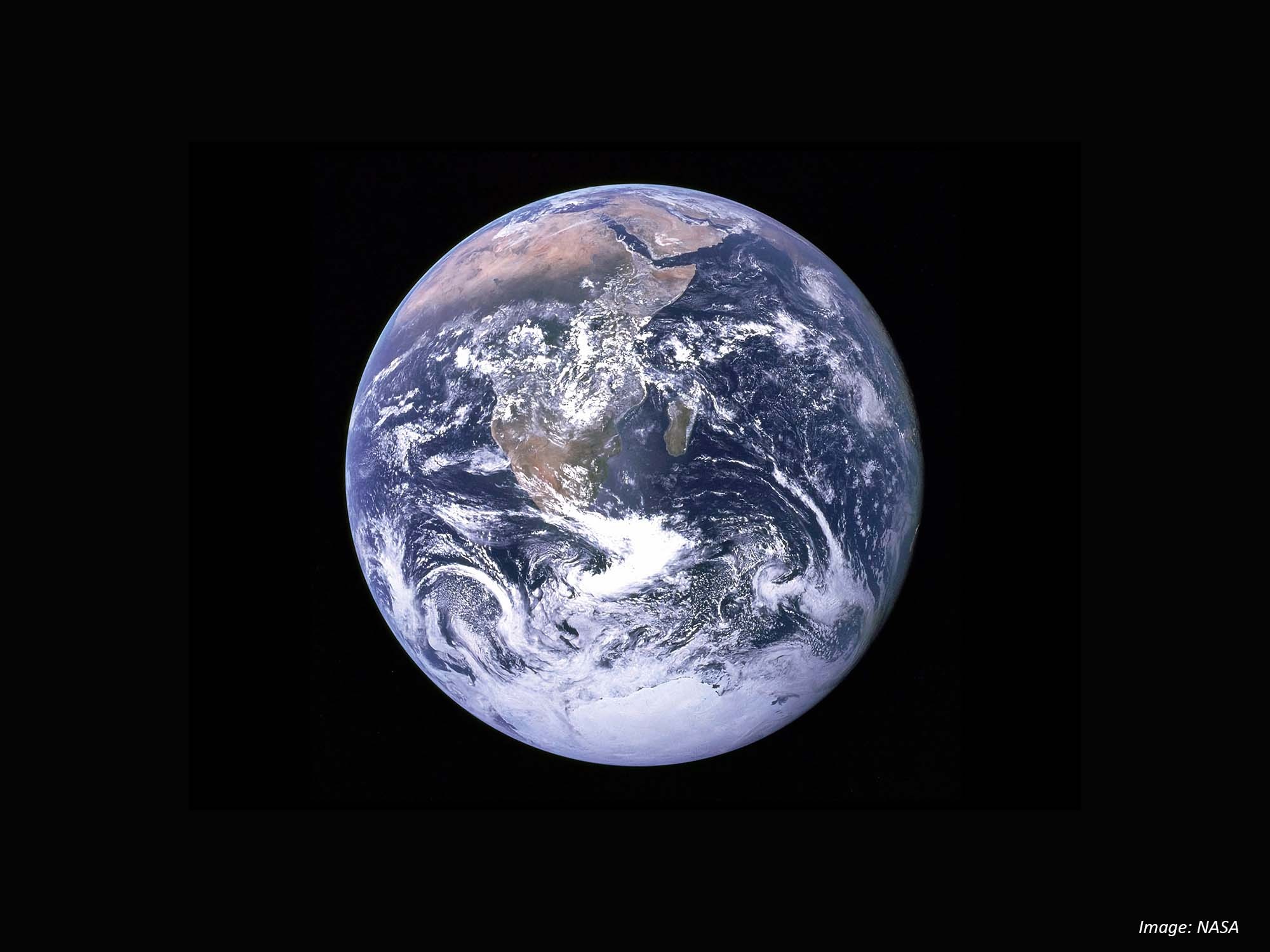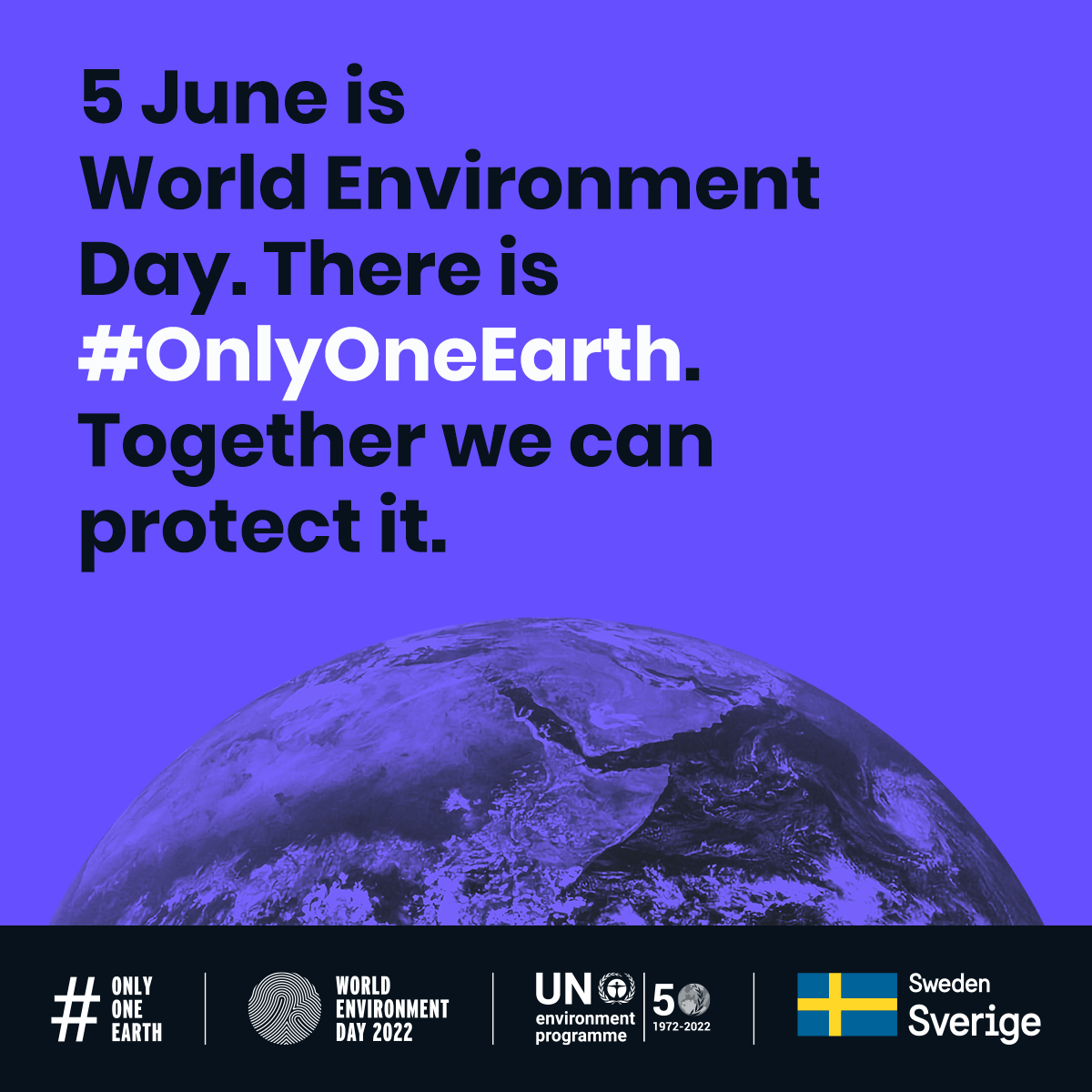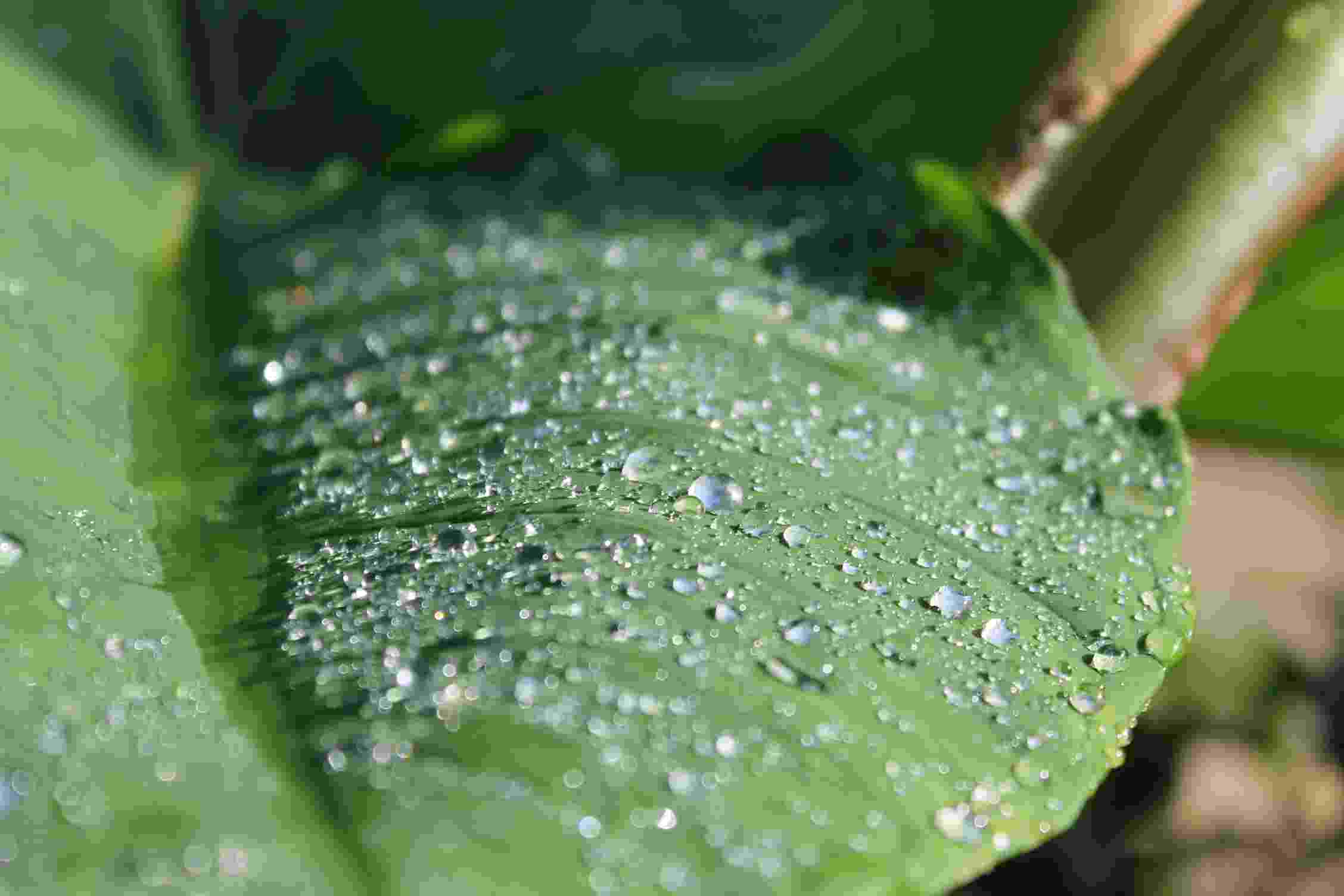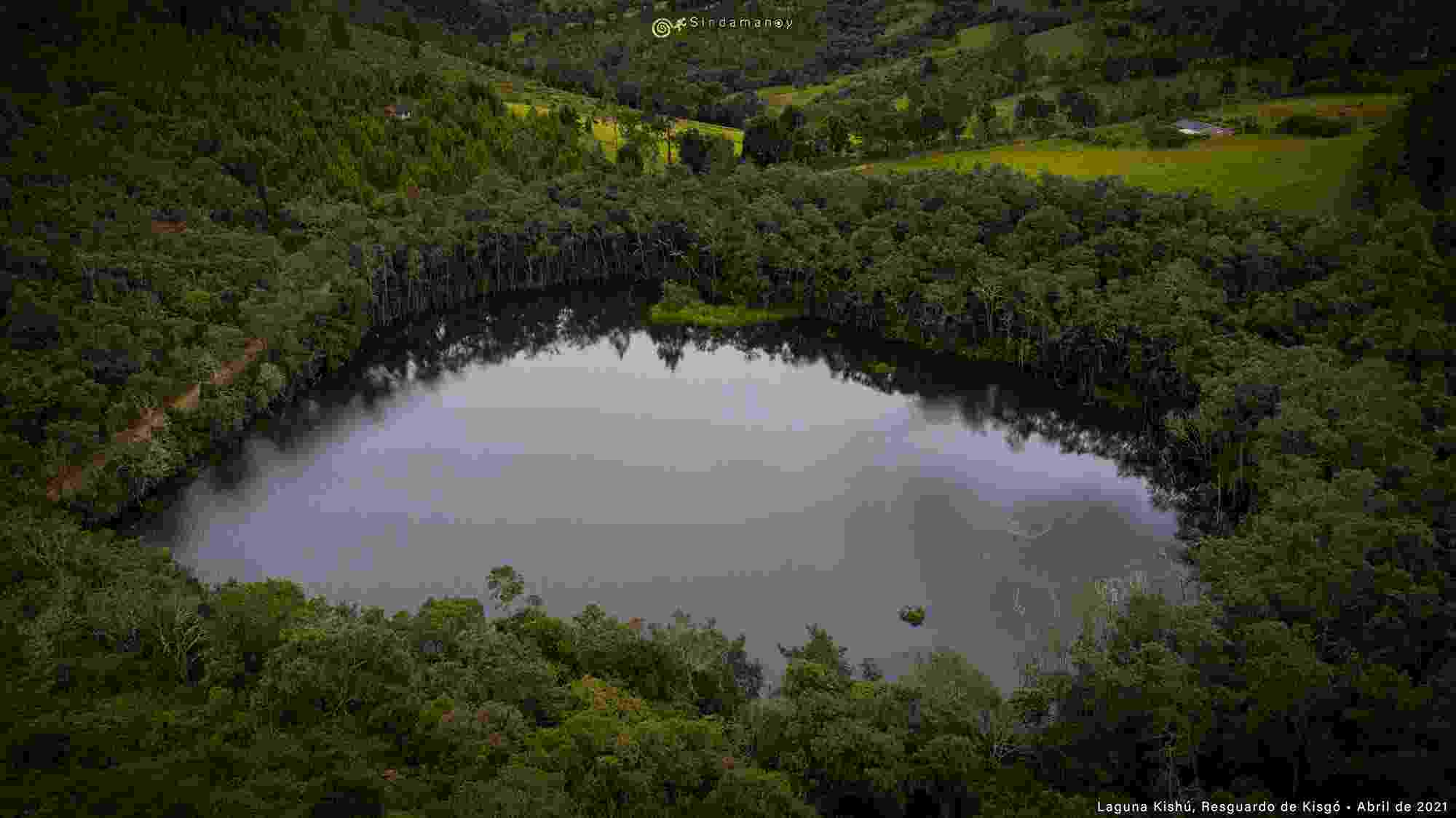Only One Earth - World Environment Day
31 May 2022

View of the Earth as seen by the Apollo 17 crew
“We need to stand up to protect the air, land, and water on which we all depend.” – Inger Anderson, Executive Director of UNEP


World Environment Day, led by the United Nations Environment Programme (UNEP), promotes environmental awareness and calls for action on urgent planetary issues.This year is a historic milestone, marking 50 years since the 1972 UN Conference on the Human Environment, regarded as the first international meeting on the environment.
The theme for that inaugural conference was “Only One Earth” – 50 years on, the message could not be more poignant: this planet, our only home, is in crisis. We are using the equivalent of 1.6 Earths to maintain our current way of life, and ecosystems cannot keep up with our demands. Severe flooding, extreme drought, global food shortages, rampant wildfires, rising sea levels, a looming biodiversity emergency – these are all signs of a planet pushed to the brink.
The latest IPCC report highlights how current global warming of 1.1°C is already impacting natural and human systems, and how our ability to respond will be increasingly limited with every additional increment of warming. The economic gap between what we need to spend to adapt and what we are actually spending is widening, with estimated costs of adaptation continuing to rise. Large-scale changes are needed now and water is central to those solutions.
“The climate crisis is a water crisis at its core... Water is fundamental to life.” - Tim Wainwright, Chief Executive of WaterAid
The theme for World Environment Day 2022 focuses on “transformative actions to reset the balance between people and the natural world to create a better future for all”. UNEP’s campaign shines a spotlight on climate action, nature action, and pollution action and highlights the links between poverty alleviation and environmental protection. Water is fundamental to this. The Hub’s research is centred around SDG6, which aims to “ensure availability and sustainable management of water and sanitation for all”. The integrated and indivisible nature of the SDGs means that the way we deal with issues of water security will affect and be affected by our ability to achieve other SDGs.
Water intersects the many global challenges we face – climate change, food security, inequity, sustainable development, energy, public health, pollution, biodiversity, and ecosystem degradation are all reliant on, or inextricably linked to, water in some form or other. Water-related diseases are closely linked to poverty, disproportionately affecting vulnerable communities (SDG1); water plays a key role in conservation, restoration, and sustainable use of ecosystems (SDG15); 70% of water abstractions globally are for food security (SDG2); and access to sanitation reduces environmental pollution and its health impacts (SDG3). Tackling water security requires an integrated, systems approach to a wide range of aspects.


“Water is everything, and everything is water.” – Dr Choong Weng Wai, Hub researcher at UTM
Every year, we lose ecosystem services worth more than 10% of our global economic output. Ecosystem degradation affects the well-being of an estimated 40% of the world’s population. Food systems are responsible for 80% of biodiversity loss, and around one-third of the world’s farmland is degraded. Hub researchers are investigating the effectiveness of Payment for Ecosystem Services (PES) as a way of protecting and conserving ecosystems in an equitable manner. We are also investigating land management and agricultural practices, including impacts on water security and the environment, more efficient water usage, and preventing soil degradation.
Globally, over 3 billion people are at risk because they don’t know enough about the health of surface and groundwater resources. We are carrying out extensive water monitoring across each of our collaboratories, building national and global datasets for better understanding of water resource health. We’re also collecting data on different types of pollution, including nonpoint source pollution, and researching public health impacts and water linkages.
Climate change impacts are exacerbating extreme weather events in both scale and frequency. Thousands of people are displaced and lives lost because of flooding, storms, drought, and other extreme events – the economic losses measure in the trillions. Our research into urban water infrastructure is centred on creating a water sensitive planning framework for sustainable and equitable urban development. Hub researchers are also exploring flood early warning systems, and ecosystem conservation and adaptation methods, such as water harvesting and aquifer recharge systems.
To ensure our work has real impact ‘on the ground’, we work closely with local people to help build community capacity, resilience, and knowledge. In one collaborative project, “sowing water”, 22,000 native trees were planted to increase water production, combining the use of drone technology and GIS software with indigenous and local knowledge of the territory. We have developed extensive citizen science programmes, engaging local communities in data collection and training, and providing a platform for multi-stakeholder discussion and co-creation of environmental governance.


Kishú lake, Kisgó, Colombia. Through organised and spiritual processes, the Sowing of Water revives rivers and lakes.
“The power of people matters and matters greatly.” – Inger Anderson, Executive Director of UNEP
The Hub strives to make positive contributions to tackling global challenges like climate change and environmental protection, but the clock is ticking - global research and action must be accelerated to ensure a sustainable and just Earth for all.



